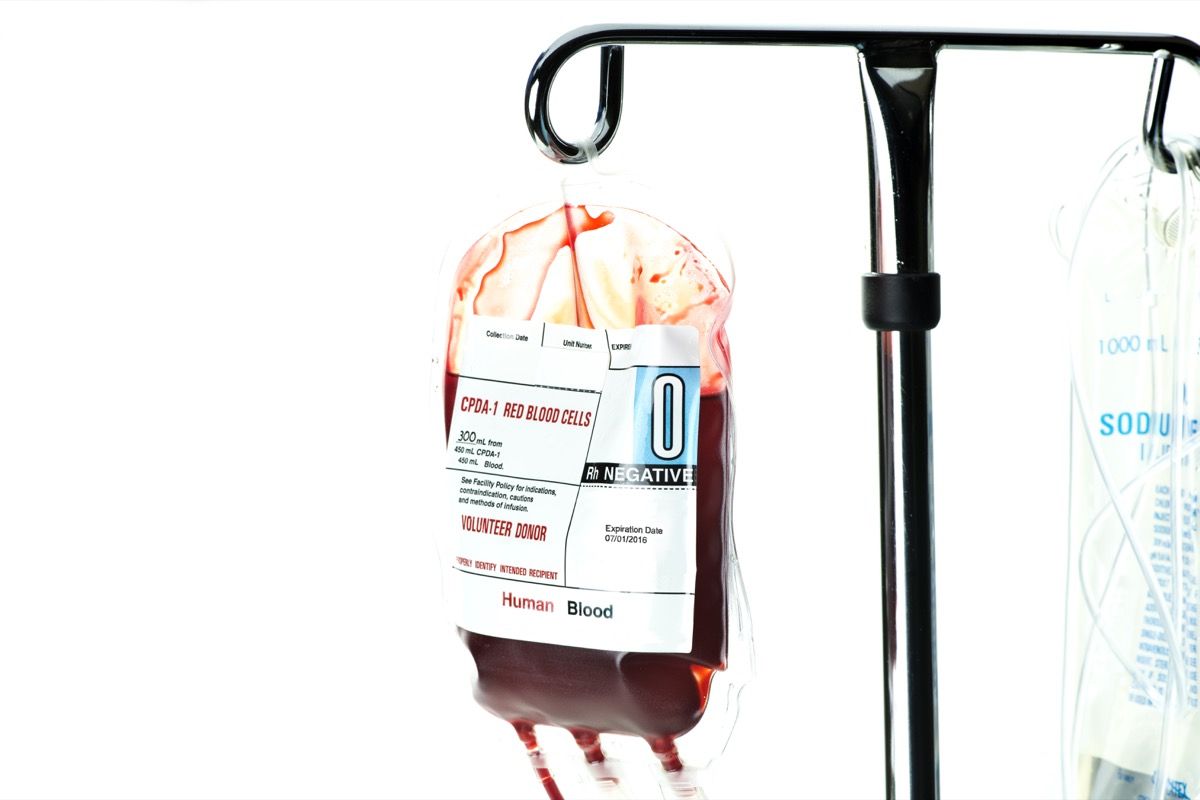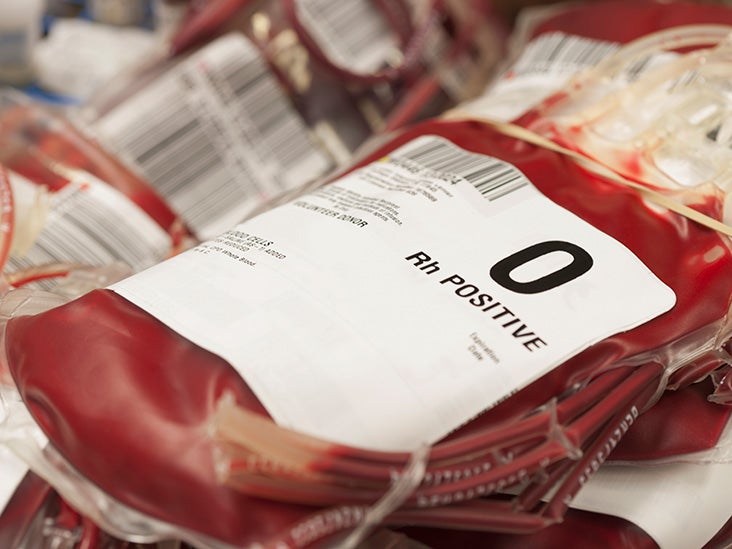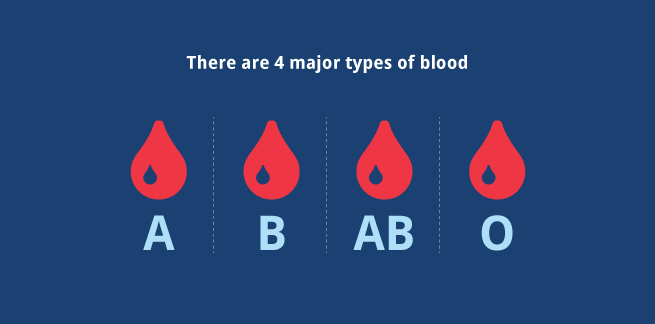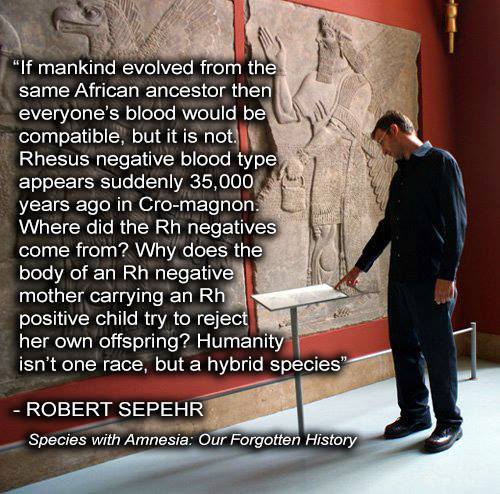

An interesting fact about the Basque people of northern Spain, is that they have the highest percentage per head of population of any race/region of the world, around 35% have this blood type. They say on average 15% of the world population have O Rh Negative blood. There are only about 3% of African people and about 1% of Asian or Native American individuals who belong to the Rh negative group.

Generally, there are about 40 – 45% of Europeans who belong to the Rh negative group. Higher occurrence in whites, most noticeably Europeans. There is a theory that tells it is a product of connected bloodline from prehistoric humans to present day people. It remains unknown to date where the negative factor came from. It is assumed that Rhesus negative blood type is specific to group O which is the purest type of blood and the rarest. This seems to explain a story about a tribe in China that dies when relocated to lower altitudes.įascinatingly, they do not require the adjustment most would require when moving to higher altitudes. Rhesus negative people have a greater oxygen capacity thus are more adaptable to higher altitudes like the mountains. (My thoughts on this – My understanding is that O Rh negative blood types are immune to AIDS, Smallpox & there’s another I can’t remember off the top of my head. This explains the weakness in Rhesus negative people against several types of diseases and illnesses. This specific antigen is found on the surface of the erythrocytes exclusively in Rhesus positive blood type individuals. Rh negative blood type lacks an antigen that perpetuate the release of antibodies in the event of an invasion by viruses and bacteria. This is a major disadvantage for people who belongs to the Rh negative blood group. It is commonly referred to as hemolytic disease or death of the unborn.

Blood that lacks the D antigen tends to reject it’s own unborn baby especially if the baby is Rhesus positive. This is a very important factor especially for pregnant women. Studies show that the 15% of humans who lack the rhesus factor are gifted with natural resistance to HIV, small pox and bubonic plague.īy being resistant to these diseases, it means that they are less susceptible to suffer from them as opposed to those with the Rhesus factor. Better natural resistance to particular disease. (My thoughts on this matter – I am O Rh negative and I have no allergies, never have.) 5. This results in having them being more picky when it comes to food preferences. People with the Rh negative blood type are more prone to be affected by allergies, especially food allergies. Lacking Rh factor can lead to problems especially in cases where blood transfusion or organ transplant is needed urgently. The remaining 85% are Rh positive, making them more favorable. In reference to whole of the world’s population, only about 15% lack the rhesus factor. It leads to a build up of antibodies in the mother’s blood that causes it to fight or react to pregnancy of the second child resulting to death. This happens most especially when the child picks up the rhesus factor from the father that differs from that of the mother’s. In situations where a couple have different rhesus factor blood types, it puts their children at risk.

I believe the O Rh factor is the original blood type, which is why it can be used universally for all without any issues to another’s health). (My thoughts on this – I am not a proponent of the traditional evolution theory. The fact that a number of people lack this factor is a puzzling phenomenon that tends to defy the evolution story arising the question on where did they come from? The term is derived due to the first discovery of the protein substance in the blood of Rhesus monkeys. Rhesus factor, referred to as the Rh factor, is a protein in the human blood. The Rh negative blood type is not a ‘mutation’. Some interesting facts about O Rh Neg blood type 1. Why are they so obsessed with bloodlines? What is so significant about this type? Why do they call themselves – Blue Bloods? Could it be high copper content their blood contains? And how does this high copper in their blood affect them? Seems to be a fallacy. All world leaders seem to have this blood type.


 0 kommentar(er)
0 kommentar(er)
